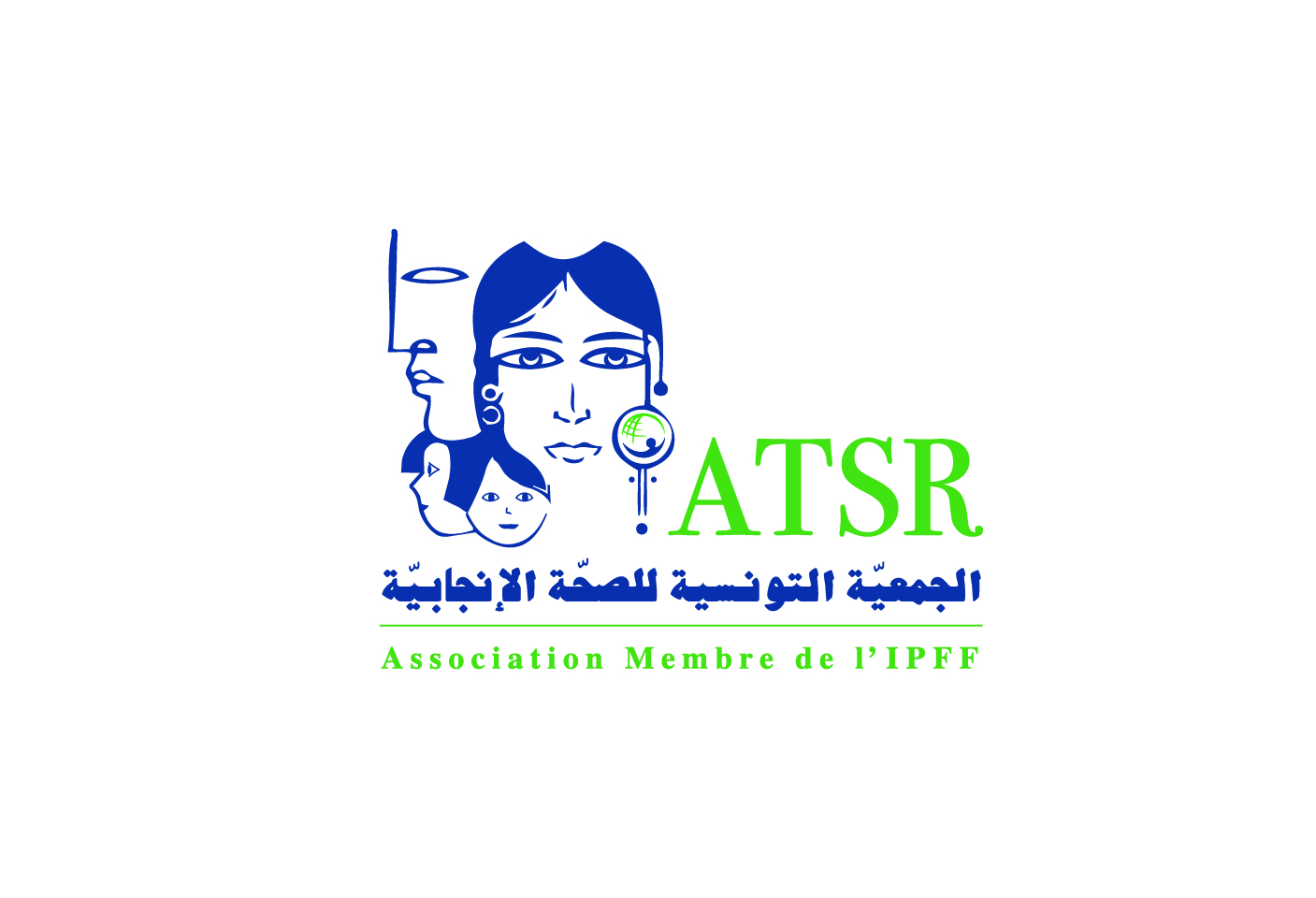

| 31 March 2016
Association Tunisienne de la Santé de la Reproduction
The Tunisian Sexual and Reproductive Health Association (ATSR) was established in 1968 and joined IPPF in 1969. It is government-supported and plays a key partnership role with public health services in Tunisia. It has run a number of government and UNFPA- funded initiatives (such as the Family Health Project, designed to raise awareness of family planning amongst deprived communities). ATSR works together with the National Office for the Family and Population (ONFP) to deliver free sexual and reproductive health and rights (SRHR) services, including family planning and education and communication (IEC) programmes to sensitise peri- urban and rural populations about family planning. Additionally, ATSR is heavily involved in raising awareness about sexually transmitted infections (STIs) and HIV and AIDS, dangerous behaviour, male responsibility, pre-marital medical examination, violence against women, and unsafe abortion. It runs innovative projects for disabled people and for single mothers. The organisation's recommendations feed into the development of Tunisia’s national family planning policy, ATSR has become central to the practical implementation and achievement of government objectives. Contacts Website: http://atsrtn.org/ Facebook: https://www.facebook.com/www.atsrtn.org Twitter: https://twitter.com/ATSRTN

| 31 March 2016
Association Nigérienne pour le Bien-Etre Familial
Since 1996, the Association Nigérienne pour le Bien-Etre Familial's (ANBEF) have been providing a comprehensive range of sexual and reproductive health (SRH) needs and issues including the prevention and management of HIV and AIDS, antenatal and post-natal care, the provision of post-abortion care in clinics and health huts in rural areas, treatment of male and female infertility, and pre-marital counselling. Importantly, the Member Association also trains young people in income-generating activities. ANBEF reaches out to rural and hard-to-reach communities, including street children, sex workers, vulnerable young people and rural populations. Services are delivered by a team of permanent staff, hundreds of volunteers, peer educators and community-based distributors (CBDs). Given that a very high proportion of 15-19 year olds give birth, and risks of maternal death and rates of child mortality are among the highest in the world, ANBEF fulfils a critical need in Niger that is not met by the private sector or government providers. ANBEF’s expertise has been called upon by the Niger government’s Technical Committee for the development of the national IPCD+10 (International Conference on Population and Development) strategy. The Member Association works with non-governmental organizations including CARE International and FCI Partnerships, and it receives funding from UNFPA and Multisector Programmes (IDA/World Bank). ANBEF works closely with other specialist population, planning, youth, HIV and AIDS and sexually transmitted infection (STI) groups in Niger.







